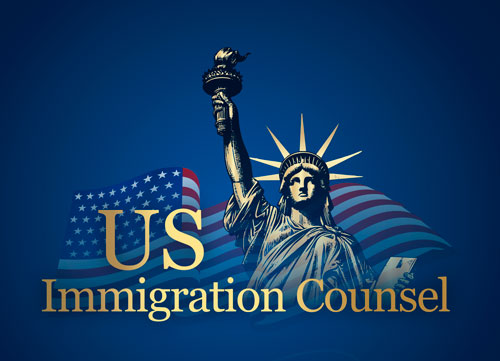What Is an I-212 Waiver?
The I-212 Waiver, officially titled Application for Permission to Reapply for Admission into the United States After Deportation or Removal, is a legal remedy that allows certain foreign nationals to request reentry to the U.S. after being deported or deemed inadmissible. This waiver gives individuals the opportunity to overcome a temporary or permanent bar on reentry—before their designated period of exclusion has expired.
Filing for this waiver does not guarantee approval, and applicants must demonstrate strong reasons for their return, such as family ties, employment, or humanitarian needs. U.S. immigration authorities review the applicant’s moral character, deportation history, rehabilitation efforts, and personal circumstances when making a decision.
Who Needs to File an I-212 Waiver?
This waiver is required for foreign nationals who:
-
Were deported or removed from the U.S.
-
Departed the U.S. after being issued an order of removal
-
Wish to reenter the U.S. before their bar on admission expires (typically 5, 10, or 20 years)
-
Are subject to certain grounds of inadmissibility under the Immigration and Nationality Act (INA)
If you serve the full period of your inadmissibility outside the U.S., you do not need this waiver. But if you want to return early, you must apply for the I-212.
Common Grounds for Inadmissibility
Here are a few common reasons someone may be barred from entering the U.S., potentially requiring an I-212 waiver:
Health-Related Grounds
Individuals may be denied entry if they have:
-
Communicable diseases of public health significance
-
Incomplete vaccination records
-
Physical or mental disorders posing a safety threat
-
Drug addiction or abuse
Criminal Grounds
Certain criminal offenses can lead to inadmissibility, including:
-
Crimes of moral turpitude
-
Drug-related crimes
-
Multiple convictions resulting in five or more years of imprisonment
-
Prostitution
-
Money laundering
-
Involvement in sex or drug trafficking
Unlawful Presence
Being unlawfully present in the U.S. for:
-
More than 180 days may lead to a 3-year bar
-
More than 1 year may result in a 10-year bar
-
Reentering illegally after deportation can result in a permanent bar
If you wish to return before serving the full term of these bars, an I-212 waiver may be required.
When and How to Apply
Depending on your immigration pathway, the I-212 waiver can be filed:
-
After a determination of inadmissibility by USCIS or CBP
-
Alongside another immigration application, such as an adjustment of status, nonimmigrant visa, or immigrant visa petition
Timing is critical. In some cases, you can only apply after you’ve been found inadmissible; in others, you can file proactively. Working with an experienced immigration attorney can help you avoid mistakes and ensure proper filing.
Why Legal Support Matters
Applying for an I-212 waiver involves complex immigration laws, supporting documentation, and strict filing requirements. An immigration attorney can:
-
Help evaluate whether you are eligible
-
Gather and organize evidence of rehabilitation, hardship, and family impact
-
Assist in drafting a strong case for why reentry should be granted
-
Guide you through interactions with USCIS or the consulate
If you’ve been removed from the U.S. and want to return sooner than allowed, this waiver may offer a path forward.

